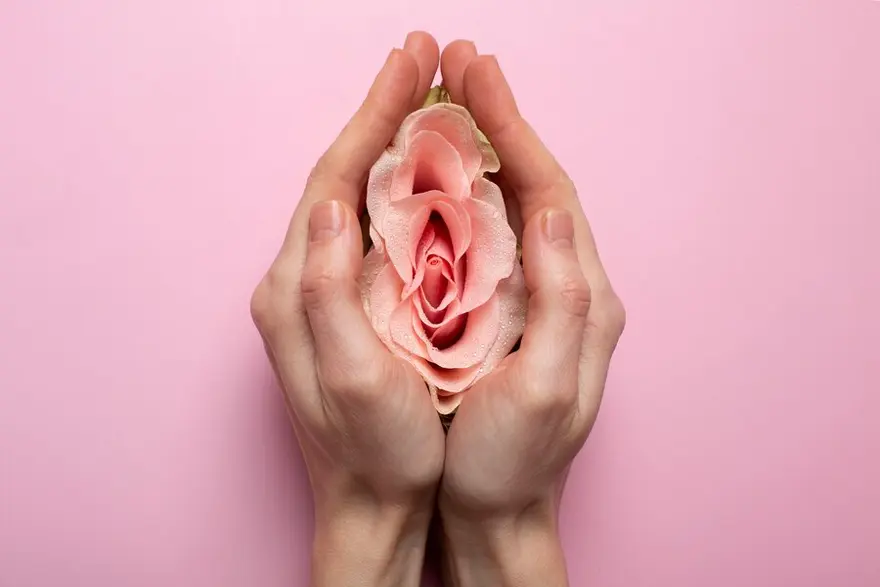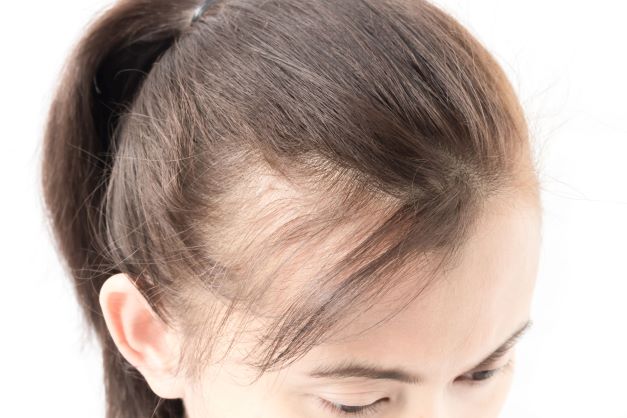Preventive Healthcare
Everything You Need to Know About Bartholin Cysts

Table of Contents
- What is a Bartholin cyst?
- What does a Bartholin cyst look like?
- Who gets Bartholin cysts?
- What causes a Bartholin cyst?
- What are the symptoms of a Bartholin cyst?
- Is a Bartholin cyst contagious?
- Does an infection cause Bartholin cysts?
- How is a Bartholin cyst diagnosed?
- What tests are done to diagnose Bartholin cysts?
- What are the treatments for a Bartholin cyst?
- Do Bartholin cysts go away on their own?
- How long does a Bartholin cyst last?
- Conclusion
What is a Bartholin cyst?
A Bartholin cyst is a fairly painless lump that forms near the vagina; it can be found on either side of your labia (lips of the vagina). This cyst is named after two small glands that are present in the area and help produce the fluid required to lubricate your vagina. The Bartholin glands and labia are part of the vulva.
A Bartholin cyst is usually present on only one of the two glands. While some are smaller and do not cause much pain, larger Bartholin cysts, especially those that get bacterial infections, may be painful and need medical treatment.
What does a Bartholin cyst look like?
A Bartholin cyst usually appears as a small round bump under the skin of the labia. If there is an infection, some may turn red, swollen, and tender, and at other times, the Bartholin cyst can fill with fluid or pus.
The size of Bartholin cysts can range from small pea-sized bumps to large gold ball-sized cysts that can sometimes make the labia look lopsided and larger on one side.
Who gets Bartholin cysts?
About 2% of women are believed to have developed a Bartholin cyst at some point in their lives. Bartholin cysts are more common in women of reproductive age, and the chances of developing one can decrease considerably after menopause.
What causes a Bartholin cyst?
The reason why some women are predisposed to developing Bartholin cysts is still unknown to most healthcare providers; however, commonly known Bartholin cyst causes include:
- Bacterial infections like E-coli
- Sexually transmitted diseases such as gonorrhea and chlamydia
- Irritation, injury, or growth of extra skin near the vulva region
What are the symptoms of a Bartholin cyst?
Most Bartholin cysts are small and may not cause many symptoms except minor irritation. However, if these Bartholin cysts grow in size and become infected or form an abscess, the following symptoms may occur:
- Swelling and tenderness in the area
- Discomfort and pain during sex, while using a tampon, sitting, walking, or when wiping after using the restroom
- Redness
- Fever and chills
- Changes in the size of the cyst
- Drainage of fluid/pus from the cyst
Is a Bartholin cyst contagious?
Most Bartholin cyst cases are minor and do not get infected or spread through skin-to-skin contact. However, one of the leading Bartholin cyst causes is sexually transmitted diseases, which can be contagious.
Does an infection cause Bartholin cysts?
Bartholin cyst causes include bacterial infections such as E. Coli and sexually transmitted diseases. These infections can clog the Bartholin gland, leading to the formation of the Bartholin cyst.
How is a Bartholin cyst diagnosed?
Your healthcare provider/gynaecologist will perform a physical examination to check the size of the Bartholin cyst and whether it is showing any signs of infection. If a discharge is oozing out of the cyst, this fluid will also be tested for sexually transmitted infections or other forms of bacterial infections.
What tests are done to diagnose Bartholin cysts?
Women older than 40 may need to undergo a biopsy on the Bartholin cyst to rule out cases of vulva cancer. For this test, your doctor will take a small tissue sample from the Bartholin cyst and examine it under a microscope. If the Bartholin cyst is found to be cancerous, it may need to be surgically removed. However, the Bartholin cyst rarely develops into cancer, which is often more common after the age of 60.
What are the treatments for a Bartholin cyst?
Bartholin cyst treatment options vary based on the symptoms you are displaying. Smaller, painless Bartholin cysts may not even need any form of treatment. However, if it starts to grow or the symptoms persist, you may develop an infection or abscess requiring treatment or, in severe cases, Bartholin cyst removal.
Bartholin cyst treatment options include:
- Sitz Baths: For a few days, you will need to sit in a bathtub with a few inches of warm water several times a day to give you comfort from Bartholin cyst symptoms and promote healing. The warm water also aids in bursting and draining the Bartholin cyst.
- Over-the-counter medication: This helps relieve pain and discomfort caused by the Bartholin cyst.
- Antibiotics: These may be prescribed to treat any bacterial or sexually transmitted infection that may have that causes the Bartholin cyst.
- Surgical draining: Bartholin cyst surgery is often performed on large and infected cysts to drain the fluid inside. It is carried out with a small tube known as a catheter inserted into the cyst.
- Marsupialization: This is another Bartholin cyst procedure in which the cyst is surgically opened and drained. The ends of the cyst walls are then stitched together to form a pocket or pouch that aids in continuous drainage.
- Bartholin Gland removal: This is a rare Bartholin cyst treatment option in which the glands may need to be surgically removed because other treatments have failed.
Do Bartholin cysts go away on their own?
In most cases, Bartholin cysts can disappear on their own. Sometimes they can even burst and deflate on their own. As long as you keep the area clean and dry to avoid the spread of the infection and avoid squeezing or draining the Bartholin cyst, you can manage the symptoms with just sitz baths.
How long does a Bartholin cyst last?
In most cases, a Bartholin cyst infection may be wholly resolved in a few weeks. However, this may also depend upon the size of the Bartholin cyst and the severity of the infection.
Conclusion
If you notice a lump near your vagina that can be painful, see your doctor to check for an infection and determine if it's a Bartholin cyst. Talking freely about the infection and asking questions will help your doctor diagnose and treat the condition more effectively.
Regular diagnostic tests and health check-ups can also help reduce the chances of Bartholin cysts, infections or sexually transmitted diseases causing added complications. Metropolis Labs provides at-home diagnostic tests for their customer's convenience while maintaining the patient's anonymity. Contact us today for more details.









































